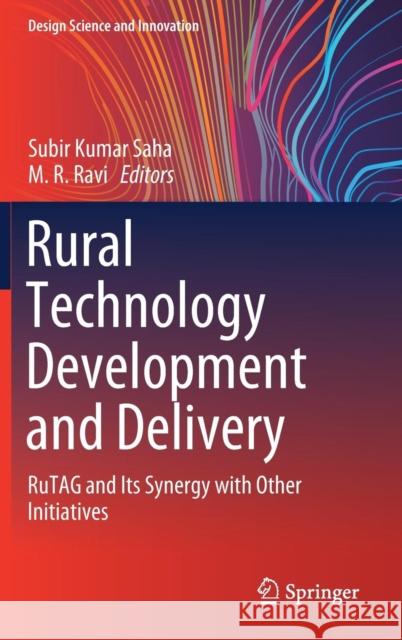Rural Technology Development and Delivery: Rutag and Its Synergy with Other Initiatives » książka
topmenu
Rural Technology Development and Delivery: Rutag and Its Synergy with Other Initiatives
ISBN-13: 9789811364341 / Angielski / Twarda / 2019 / 357 str.
Rural Technology Development and Delivery: Rutag and Its Synergy with Other Initiatives
ISBN-13: 9789811364341 / Angielski / Twarda / 2019 / 357 str.
cena 603,81
(netto: 575,06 VAT: 5%)
Najniższa cena z 30 dni: 578,30
(netto: 575,06 VAT: 5%)
Najniższa cena z 30 dni: 578,30
Termin realizacji zamówienia:
ok. 16-18 dni roboczych.
ok. 16-18 dni roboczych.
Darmowa dostawa!
Kategorie:
Kategorie BISAC:
Wydawca:
Springer
Seria wydawnicza:
Język:
Angielski
ISBN-13:
9789811364341
Rok wydania:
2019
Wydanie:
2019
Ilość stron:
357
Waga:
0.71 kg
Wymiary:
23.39 x 15.6 x 2.24
Oprawa:
Twarda
Wolumenów:
01
Dodatkowe informacje:
Wydanie ilustrowane











